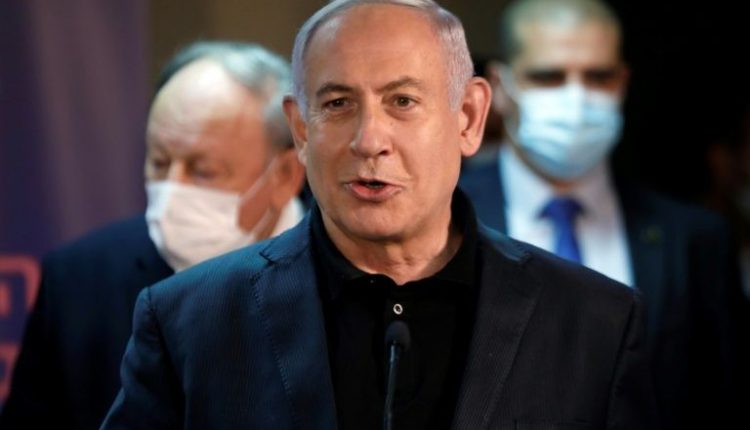Netanyahu gets the first crack at forming a new government in Israel
By Isabel Kershner
JERUSALEM — Prime Minister Benjamin Netanyahu of Israel was asked by the president Tuesday (6) to try to form a new coalition government, offering a possible path for him to remain in office even as he stands trial on corruption charges.
It will not be easy and success is by no means guaranteed given the abiding divisions that have led to a political impasse, which has only gotten worse year by year.
While the country remains split along the traditional fault lines of secular and religious, right-wing and left-wing and Jewish and Arab, the main rupture has increasingly come to revolve around the polarizing figure of Netanyahu himself. He got the nod to form a new government one day after the opening of the evidentiary stage of his trial on charges of bribery, fraud and breach of trust.
A political survivor and Israel’s longest-serving prime minister, Netanyahu has spent the last 12 years in office. But after four inconclusive elections in two years, he and his allies have failed to win enough support to ensure a parliamentary majority that could decisively end the country’s political deadlock.
Netanyahu now has 28 days to try to cobble together a coalition that could command a majority of at least 61 in the 120-seat Parliament, with the possibility of an additional 14-day extension. If he fails, President Reuven Rivlin could task another candidate or refer the choice of a candidate to Parliament.
In last month’s election, Netanyahu’s conservative Likud emerged as the largest party, with 30 seats. Together with his allies in the right-wing and religious camps, he has 52 seats. That falls short of a majority, but still gives him a better shot than any of his opponents to form a governing coalition.
Still, even Rivlin expressed doubts about Netanyahu’s chances of success, a day after he met with representatives of all 13 parties elected to parliament and received their recommendations for the premiership.
“The results of the consultations, which were open to all, lead me to believe that no candidate has a realistic chance of forming a government that will have the confidence of parliament,” Rivlin said in a televised address Tuesday. But, he added, “The law obliges me to entrust one of the candidates with forming a government.”
In order to form the kind of “full-on right-wing government” Netanyahu promised his voters, the prime minister would need the support of another small right-wing party that has been sitting on the fence. He would also need the far-right flank of his potential coalition to agree to rely on the support of a small Arab, Islamist party that has become a potential kingmaker.
So far, Netanyahu’s partners on the far right have rejected that proposition. The other option is for Netanyahu to woo defectors from the opposite camp.
“We will have to be creative,” said Danny Danon, a former Likud minister who served as Israel’s ambassador to the United Nations. “Everything will be on the table. People will have to be flexible,” he said, “including Netanyahu”.
Netanyahu’s trial began in May and he has denied the charges against him. There is nothing in the current law to prevent a prime minister under indictment from remaining in office.
But the spectacle of a sitting prime minister appearing as a defendant in court is a painful precedent for Israel and critics have argued that a candidate under indictment should not be allowed to form a new government.
Rivlin referred to the legal and constitutional debate that has been roiling Israel, saying he was well aware of the criticism.
“The question of giving the role to a candidate facing criminal charges was one of intense political and public disagreement over the recent election campaigns,” he said. But as the president, who represents all Israelis, he said he should stay out of the argument.
“It is the role of the parliament to decide on the substantive and ethical question of the fitness of a candidate facing criminal charges to serve as prime minister,” he added.
Beyond the 30 seats for Netanyahu’s Likud party, the remaining 90 parliamentary seats are split among a dozen other parties. Yair Lapid’s centrist Yesh Atid party came in second, with 17 seats. All of the others numbered in the single digits.
“The president fulfilled his duty and he had no choice,” Lapid said shortly after Netanyahu was tasked with trying to form the government. “But giving the mandate to Netanyahu is a shameful disgrace that tarnishes Israel and casts shame on our status as a law-abiding state,” he added.
The anti-Netanyahu political bloc has so far proved too incoherent to act together to unseat Netanyahu. It is made up of parties with clashing agendas and some have ruled out sitting in a government with others.
-New York Times


